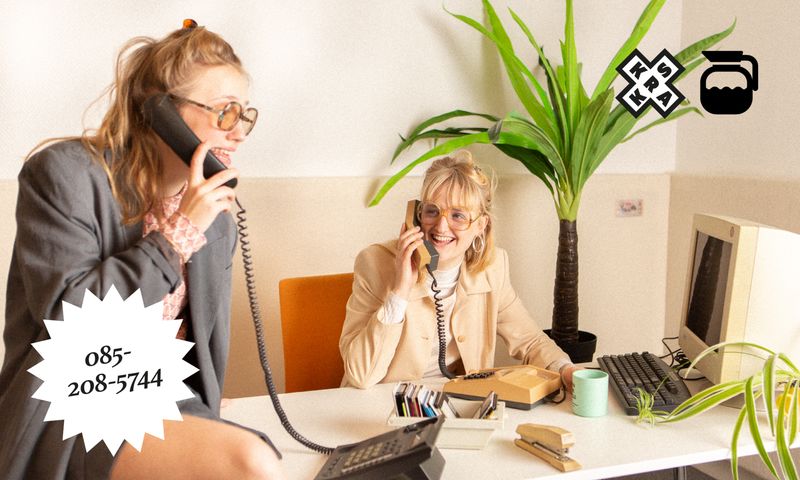
Novelist John le Carré once said “ a desk is a dangerous place from which to view the world.” This quote could easily have been the subtitle for my company ‘Out Of Office’ – a network-based consultancy for foresight + design + strategy. We help companies and organizations to be better prepared for the future. We believe it is important that people and companies can imagine alternative solutions. Especially now. In order to see new opportunities, one should have the capacity to be open for other possibilities and to do things different. We do this by embracing the necessity of serendipity.
Serendipity could – and should – be an ingredient to reimagine better futures for next generations to come.
Kirsten van Dam, Out Of Office
When starting my company over 10 years ago, being Out Of Office was a work philosophy more than anything else. Being Out Of Office helped us to be in the know, connect with creatives and original thinkers, and run into serendipity that made us wonder and see the world in different colours. Being Out Of Office helped us to move out of our own (digital) bubbles and connect; collaborate, empathize, innovate and become more resilient. Being Out Of Office helped us to include a future perspective in solutions for the next generations.
Fast forward to 2021, where we suddenly find ourselves in a global pandemic – constrained to lock down(s), being indoors and no longer being able to go to our work. Instead of being in the office, we collectively moved into a new office, namely a virtual space called zoom (or any other virtual meeting space for that matter). And research from 2020 showed that although remote knowledge workers maintained productivity, innovation and creativity declined. People feeling “more distant from company culture, less close-knit to teams and less collaborative.”
With this global pandemic, we got even more dependent on tech, with fewer human interactions. Life moved to the online space where we are looking to screens and spontaneous interactions are reduced to raising hands and being unmuted if you want to speak. An article in the Harvard Business Review stressed the importance of impromptu, informal office small talk when it comes to employee motivation and creativity. It turns out that a lot of innovation, depends on this kind of spontaneous small talk. However, we lack this spontaneous small talk and we do not talk to people anymore whodo not belong to our filter bubble. Strategy & foresight advisor at UNDP Aarathu Krishnan recently said:
“People live in their ideological communities and believe what’s convenient to believe. Instead, we need to embrace the discomfort of contrasting ideas.”
Aarathu Krishnan, Strategy & foresight advisor at UNDP
And we agree. In complex hectic times like these, we believe that serendipity can lead to new ideas for tomorrow, on new ideas of what the world could look like after the crisis.
So how do we do this? Many examples in the world popped up to accelerate serendipity between people, but also within organizations and companies. For example, in Holland, we spotted a social experiment called the ‘mèn-wèl-bèlle’ callcenter, initiated by a theater. It is a social gift in a time of social isolation, to be able to have a social conversation with a stranger, without fear of being too close. To have a chat with someone you’ve never talked to, like you did in the pub before. People can call this call centre and get randomly connected to a stranger. Or at Folkehuset Absalon, a Copenhagen community house, they ‘forgot’ to hang up toilet signs, to trigger conversations between strangers when finding directions.

So, think of these social mistakes, cheeky algorithms with an ‘whoops’ factor or even serendipity machines or services to match employees for quick and (non)spontaneous online chats that could help us to embrace serendipity. We believe serendipity triggers curiosity and now might be a good time to think how you can build serendipity into your (professional) life, your meetings, your new projects, your organization.
Serendipity renews human connection and brings people together, not further apart. Serendipity leads to discoveries of something that we weren’t looking for, solving a different problem than expected, discovery of a whole new space. Serendipity leads to spontaneous talks and understanding other points of views. Serendipity leads to unfocused work that leads to great ideas. Serendipity helps us to move out of our narrow corners and connect, collaborate, empathize, innovate and be more resilient.





